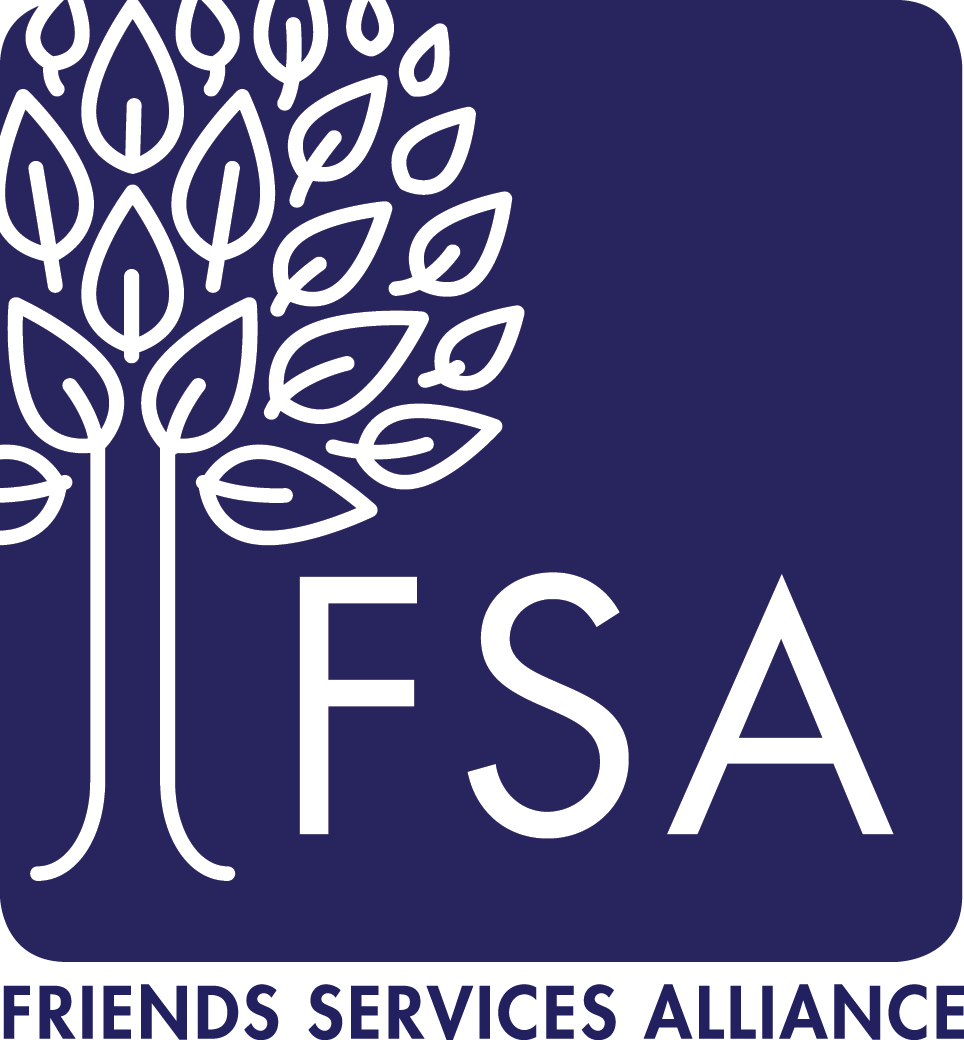How to Attract Job Candidates to Join Your Team
In the current labor market, the competition for hiring is fierce. Having a good employer value proposition is key to attracting candidates. Letting them know about benefits your organization offers will help increase new hire rates.
Not surprisingly, good pay is a top motivator for job seekers, according Hireology’s 2021 State of Hiring report. But there are other reasons high-quality job candidates choose employers:
Flexible hours and a supportive work environment. This has become especially important as the pandemic placed new demands on workers regarding childcare, elder care, or other family needs.
Career development opportunities. Today’s job seekers want to know that their employer is invested in employee growth and development. Highlight ways that job candidates can gain career-building skills or advance within the organization.
Interview Questions: What’s Ok to Ask?
Congratulations – with a strong employer value prop and good communication about the benefits of joining your team, you’ve lined up several interviews.
Now it’s time to review with HR and hiring managers the guidelines and regulations related to interviewing job candidates. The Equal Employment Opportunity Commission (EEOC) sets forth standards designed to eliminate discrimination in the interview process.
Sometimes, it comes down to how a question is worded – using certain phrasing and words can constitute discrimination. Other times, there’s simply no acceptable way to ask something.
For example, it’s never ok to ask questions about someone’s race, ethnicity or religion; their gender identity; whether they’re pregnant or planning to have a family; or their age (unless you need to verify that they’re of legal working age).
Other areas are less obviously taboo. Asking only female candidates if they’re able to work nights or weekends, for example, can be construed as discrimination against applicants who have childcare responsibilities.
It’s important for HR staff and anyone else participating in the interview process to be aware of off-limits questions. Refer to guidance from EEOC on appropriate ways to question job candidates.
Recordkeeping and Limiting Access to Employee Files
This is another critical area that compliance officers should review with the HR department to avoid violating related laws and regulations, which can result in financial penalties and litigation.
Store hard-copy employee records in locked, secure areas. Electronically stored files should be stored “under company proprietary electronic transmission and intranet policies and security systems,” according to the Society for Human Resources Management (SHRM). (See SHRM’s Sample Employee Records Confidentiality Policy.)
What files need to be kept separate?
EEOC requires certain employee records to be stored separately from the general personnel file. The Americans with Disabilities Act (ADA) also has rules regarding handling and storage of employee medical records.
Keeping these records separate maintains worker privacy, and also protects employers from liability.
To ensure compliance with all these rules and requirements, SHRM recommends maintaining the following types of employee records separately and confidentially:
- Medical records
- Credit information
- Immigration forms
- Documents related to complaints and investigations
Who can review employee files? What can they look at?
The only people who should be allowed to view employee personnel files are those with a legitimate business need – an HR team member or the employee’s supervisor.
Employees may ask to view their own file, and this is generally allowed. It’s a good idea to always have an HR team member present to ensure that the employee doesn’t manipulate the file in any way.
Medical records. When it comes to medical records, ADA states that this information can only be shared with safety workers or someone providing first aid – and ONLY if the information is necessary for treatment or for evacuation procedures.
The Exit Interview: An Essential Compliance Tool
Exit interviews are, of course, very important from an HR perspective: they can be used to gather information to increase employee satisfaction and retention rates.
But they’re also valuable from a compliance perspective, especially in healthcare settings. Every year, False Claims Acts (FCA) actions – often initiated by former employees (whistleblowers) – are brought against healthcare organizations.
The goal of an exit interview isn’t to identify whistleblowers. Rather, it’s to gain the trust of employees so that they’ll work with you to resolve any fraudulent conduct they’ve observed rather than making an external report after they depart.
With that goal in mind, exit interviews should take place well in advance of an employee’s last day. Someone other than the employee’s direct supervisor should conduct the exit interview.
HR should have the primary responsibility for exit interviews and make the compliance team aware of anything that requires action before the employee’s last day. Be sure to document any action taken to resolve the violations reported.
Compliance-related questions to include in exit interviews
FSA recommends including the following compliance-focused questions during exit interviews, which are adapted from the American Academy of Professional Coders:
- Do you know of any ethical or compliance issues that should be addressed? If yes, please explain.
- When you were trained, did you receive an adequate orientation regarding the company’s compliance policies?
- Are you aware of exactly how to submit a report about compliance concerns, anonymously if you choose?
- What was the most effective means of communication used to reach you regarding the company’s compliance policies?
- How could the company strengthen its message regarding ethics and compliance?
- Do you feel department management supported compliance initiatives?
- Do you feel executive leadership supported ethics and compliance initiatives throughout the organization?
- Are you leaving the company now because of an ethical or compliance concern that you had about your job or work environment?
- Have you ever witnessed any conduct by an employee, provider, volunteer, contractor, or vendor you would characterize as either unethical or illegal? If yes, by whom and what was the issue?
- Were you ever asked to engage in conduct you believe to be either unethical of illegal? If yes, please explain.
- Have you engaged in conduct, as a result of your employment with [COMPANY NAME], which you believe to be either unethical or illegal? If yes, please explain.
- Have you reported any serious compliance or ethical problems or concerns to management that have not been addressed? If yes, please explain.
- With respect to the position you are leaving, what remains unresolved that someone needs to know about?
Friends Services Alliance (FSA) is a national professional association of values-aligned organizations that serve seniors. Our support services include a team of Compliance and Risk Management experts who have supported organizations in developing and maintaining effective Compliance and Ethics Programs for more than 20 years.




